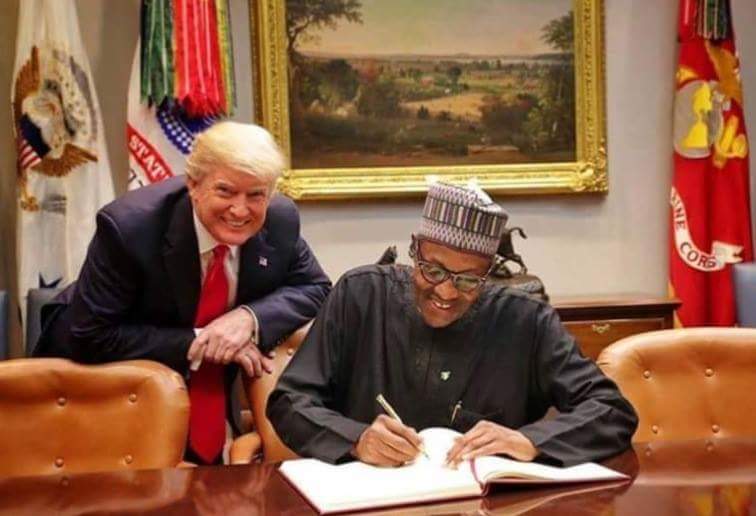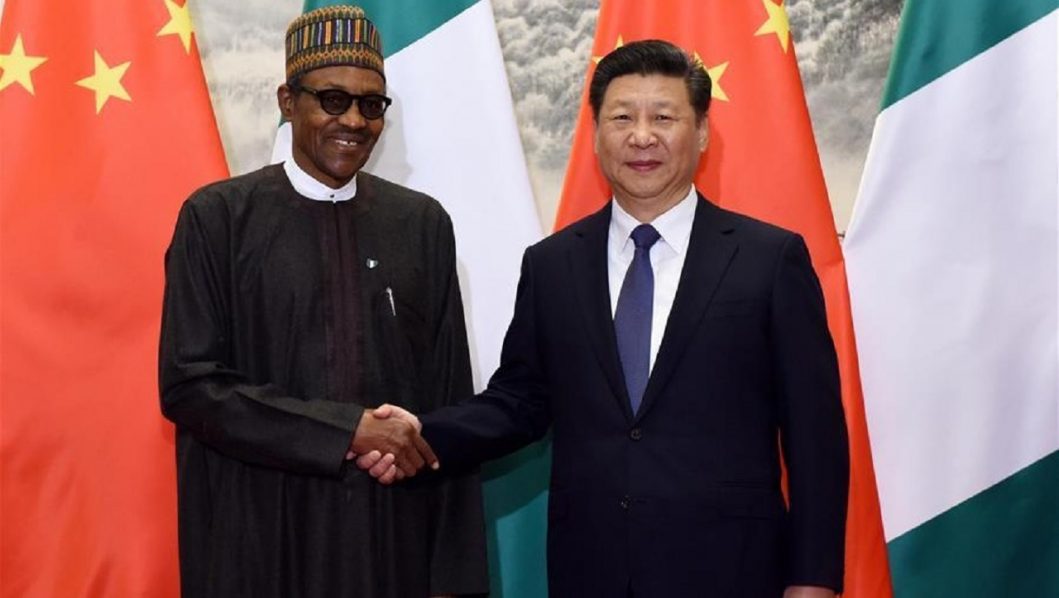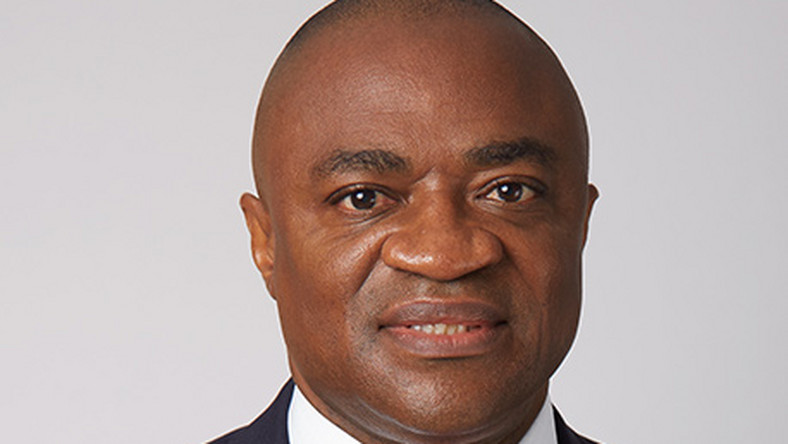Just in: 4 days after US visit, China reveals veiled N720bn Currency Swap deal with FG
Whereas many Nigerians are worried on why the Central Bank of Nigeria (CBN) shielded away from Nigerians, a currency swap agreement it sealed with the Peoples Bank of China (www.pbc.gov.cn/english) on April 27, 2018, the Chinese apex bank’s website today, Thursday, May 03, 2018, uploaded the news.
It would be recalled that President Muhammadu Buhari was on May 30, 2018, hosted by US president, Mr. Donald Trump and series of understandings were reached including some business investment deals.
Coming with the header; ‘People’s Bank of China and Central Bank of Nigeria Signed Bilateral Local Currency Swap Agreement,’ the terse statement on the site simply said “On April 27, 2018, with the approval of the State Council, the People’s Bank of China signed a bilateral local currency swap agreement with the Central Bank of Nigeria in Beijing for the purpose of facilitating bilateral trade and direct investment, and safeguarding financial market stability in both countries. The size of the swap facility is RMB 15 billion/NGN 720 billion. The agreement is valid for three years and can be extended upon mutual consent”.
Otherwise, the agreement will allow the two sides to swap a total of 15 billion Chinese yuan (2.35 billion dollars) for 720 billion Nigerian naira, or vice versa, in the next three years, the People’s Bank of China (PBOC) said on its website.

The move is aimed at facilitating bilateral trade and investment and promoting the financial stability of both sides, the PBOC said. The deal can be extended by mutual consent.
Business Hilights recalls that a currency swap deal allows two institutions to exchange payments in one currency for equivalent amounts in the other to facilitate bilateral trade settlements and provide liquidity support to financial markets.
Though the circumstance leading to the veiled agreement to Nigerians linger, Business Hilights Intelligence Unit (BHIU) recalls that in 2014, the CBN’s deputy governor, Kingsley Moghalu, said the bank was looking to increase the percentage of Yuan foreign reserves in its possession from two per cent to seven per cent.
According to him, 85 per cent of its foreign reserves were in dollars and it needed to have more in Chinese Yuan, as the country was taking a more important place in global trade.
“It was clear to us that the future of international economics and trade will shift in large part to business with and by China. Ultimately the renminbi (Yuan) is likely to become a global convertible currency,” Moghalu, who recently declared his interest to run for the presidency in 2019 election averred.
Additional details show that “The People’s Bank of China (PBC) was established on December 1, 1948 based on the consolidation of the Huabei Bank, the Beihai Bank and the Xibei Farmer Bank. In September 1983, the State Council decided to have the PBC function as a central bank. The Law of the People’s Republic of China on the People’s Bank of China adopted on March 18, 1995 by the 3rd Plenum of the 8th National People’s Congress has since legally confirmed the PBC’s central bank status”.
With the improvement of the socialist market economic system, the PBC, as a central bank, will play an even more important role in China’s macroeconomic management. The amended Law of the People’s Republic of China on the People’s Bank of China, adopted by the 6th meeting of the Standing Committee of the 10th National People’s Congress on December 27, 2003, provides that the PBC performs the following major functions:
(1) Drafting and enforcing relevant laws, rules and regulations that are related to fulfilling its functions;
(2) Formulating and implementing monetary policy in accordance with law;
(3) Issuing the Renminbi and administering its circulation;
(4) Regulating financial markets, including the inter-bank lending market, the inter-bank bond market, foreign exchange market and gold market;
(5) Preventing and mitigating systemic financial risks to safeguard financial stability;
(6) Maintaining the Renminbi exchange rate at adaptive and equilibrium level; Holding and managing the state foreign exchange and gold reserves;
(7) Managing the State treasury as fiscal agent;
(8) Making payment and settlement rules in collaboration with relevant departments and ensuring normal operation of the payment and settlement systems;
(9) Providing guidance to anti-money laundering work in the financial sector and monitoring money-laundering related suspicious fund movement;
(10) Developing statistics system for the financial industry and responsible for the consolidation of financial statistics as well as the conduct of economic analysis and forecast
(11) Administering credit reporting industry in China and promoting the building up of credit information system;
(12) Participating in international financial activities at the capacity of the central bank;
(13) Engaging in financial business operations in line with relevant rules;
(14) Performing other functions prescribed by the State Council.









